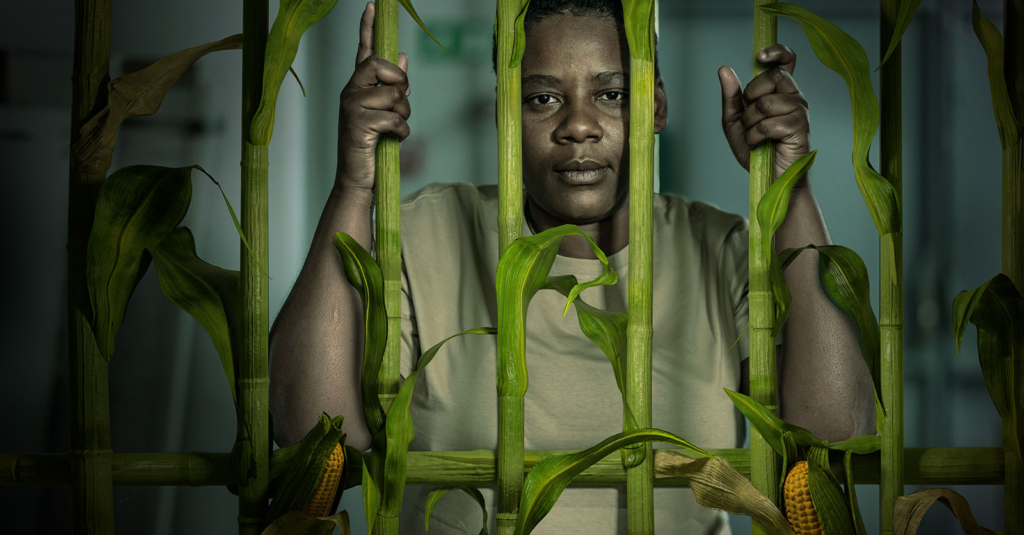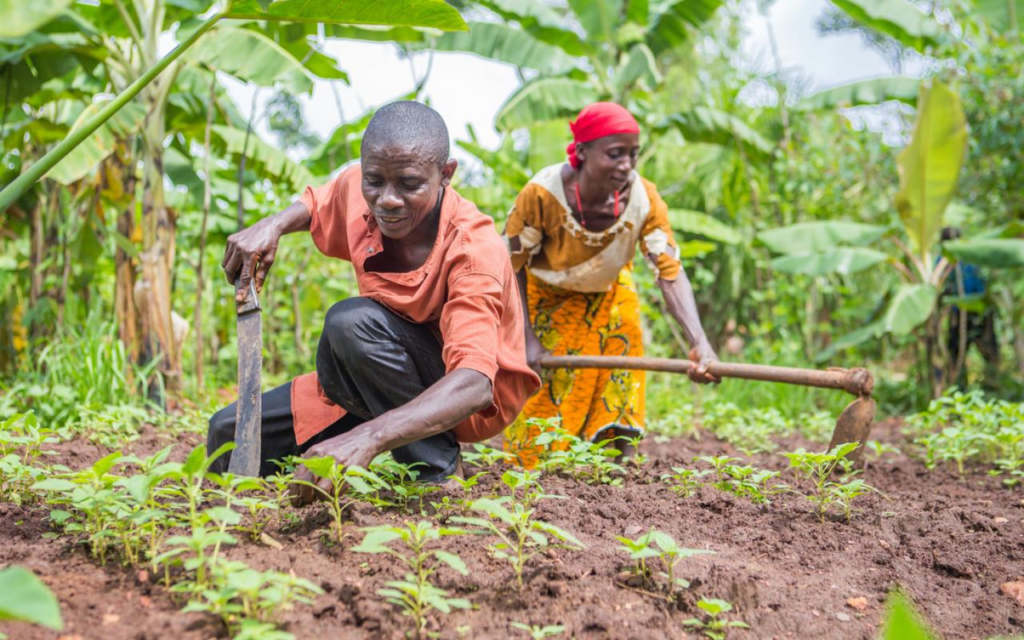
By Derrick Wanjala
The farming community and activists are on edge as they await a court ruling concerning the Seed and Plant Varieties Act, 2012.

This law, which seeks to regulate seed quality and protect breeders’ rights, has sparked significant debate. While proponents argue it ensures long-term benefits for farmers, critics claim it threatens the livelihoods of small-scale farmers by imposing stringent measures, including outlawing the exchange of seeds between farmers.
Experts have dismissed the notion that the Act aims to harm farmers, asserting that it is designed to protect them in the long run.
Seed and Plant Varieties Act: A Double-Edged Sword
Enacted to streamline the sale of seeds and protect breeders’ rights, the Seed and Plant Varieties Act, 2012, has been both praised and criticized. The Act’s intention to regulate seed quality has led to significant controversy, especially among small-scale farmers who produce approximately 70% of the country’s food. These farmers rely heavily on indigenous and farmer-managed seed systems.
Small-Scale Farmers at Risk

Critics argue that the Act’s limitations on seed usage and exchange will exacerbate food insecurity in the country. They highlight that many farmers have established systems for sharing, reusing, and storing indigenous seeds, which are now under threat from the new law. The law criminalizes these traditional practices, imposing punitive measures that could disrupt the agricultural sector.
Farmers have petitioned the High Court to review sections of the Act that ban the sharing and exchange of uncertified and unregistered seeds. They argue that these sections could lead to severe penalties, including imprisonment for up to two years or fines of up to one million shillings, or both.
The Cost of Compliance
The registration and certification process mandated by the Act is not only comprehensive but also expensive. Farmers must register their seed varieties and obtain patents through government agencies, a process that can cost around 200,000 shillings. This financial burden is seen as a barrier for many small-scale farmers.
Expert Opinions
Agricultural researchers have countered claims that the Act aims to harm farmers. They assert that the regulations are meant to protect farmers from exploitation and ensure they receive redress if sold bad or fake seeds. The law requires anyone selling seeds in formal marketing channels to be registered and for the seeds to be certified by the Kenya Plant Health Inspectorate Service (KEPHIS)
Calls for Clarity
Experts also call for clearer definitions within the Act, particularly concerning the distinction between selling and bartering seeds. They emphasize that misunderstandings about these terms could lead to unnecessary punishment of farmers engaging in traditional practices.
Promoting Indigenous Seed Varieties
KEPHIS has stated it is working on a model to promote the sharing of local indigenous seed varieties. This model would allow farmers to seek assistance from KEPHIS to standardize their seeds, ensuring minimum germination, purity, and freedom from pests and diseases without requiring full certification.
The petitioners will present their case in court on the 24th of this month, seeking a review of the contentious sections of the Seed and Plant Varieties Act. The outcome of this ruling will have significant implications for the future of small-scale farming in the country.



